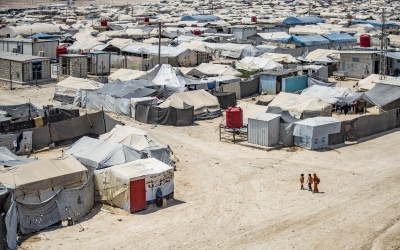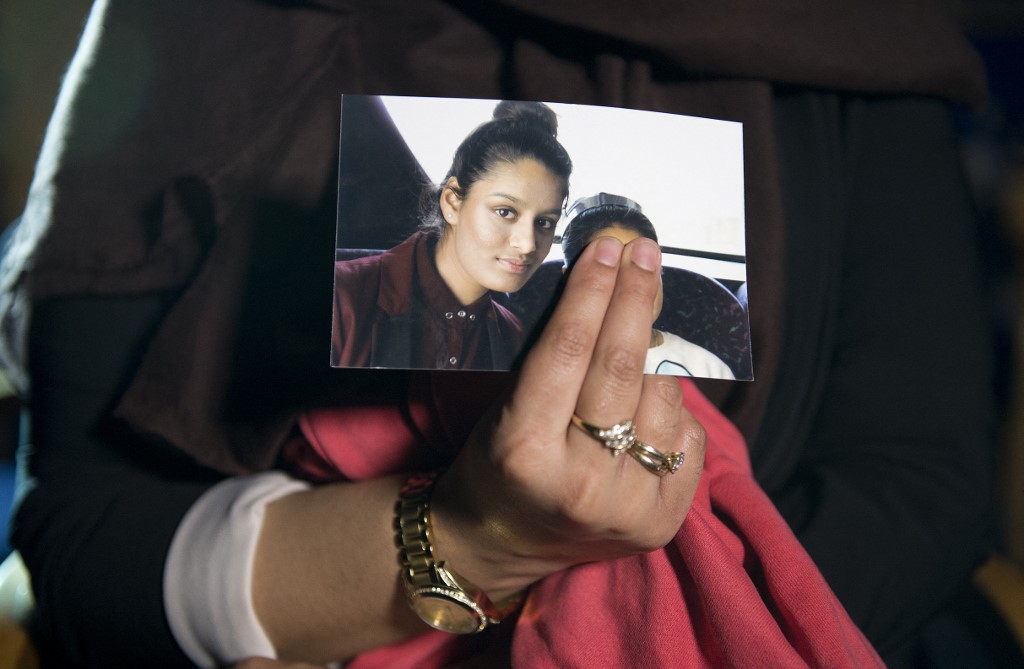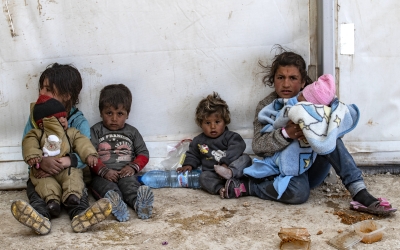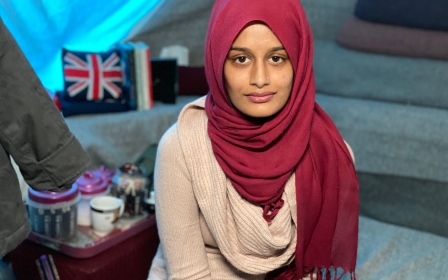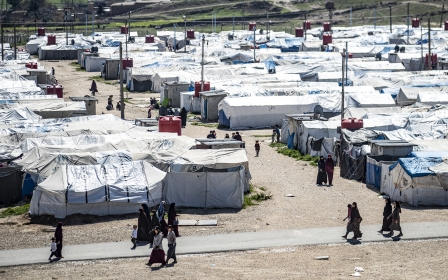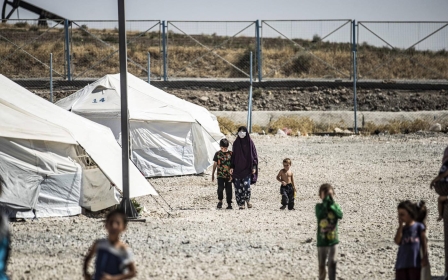Europe needs a fair and consistent policy of repatriation towards its citizens in northeast Syria
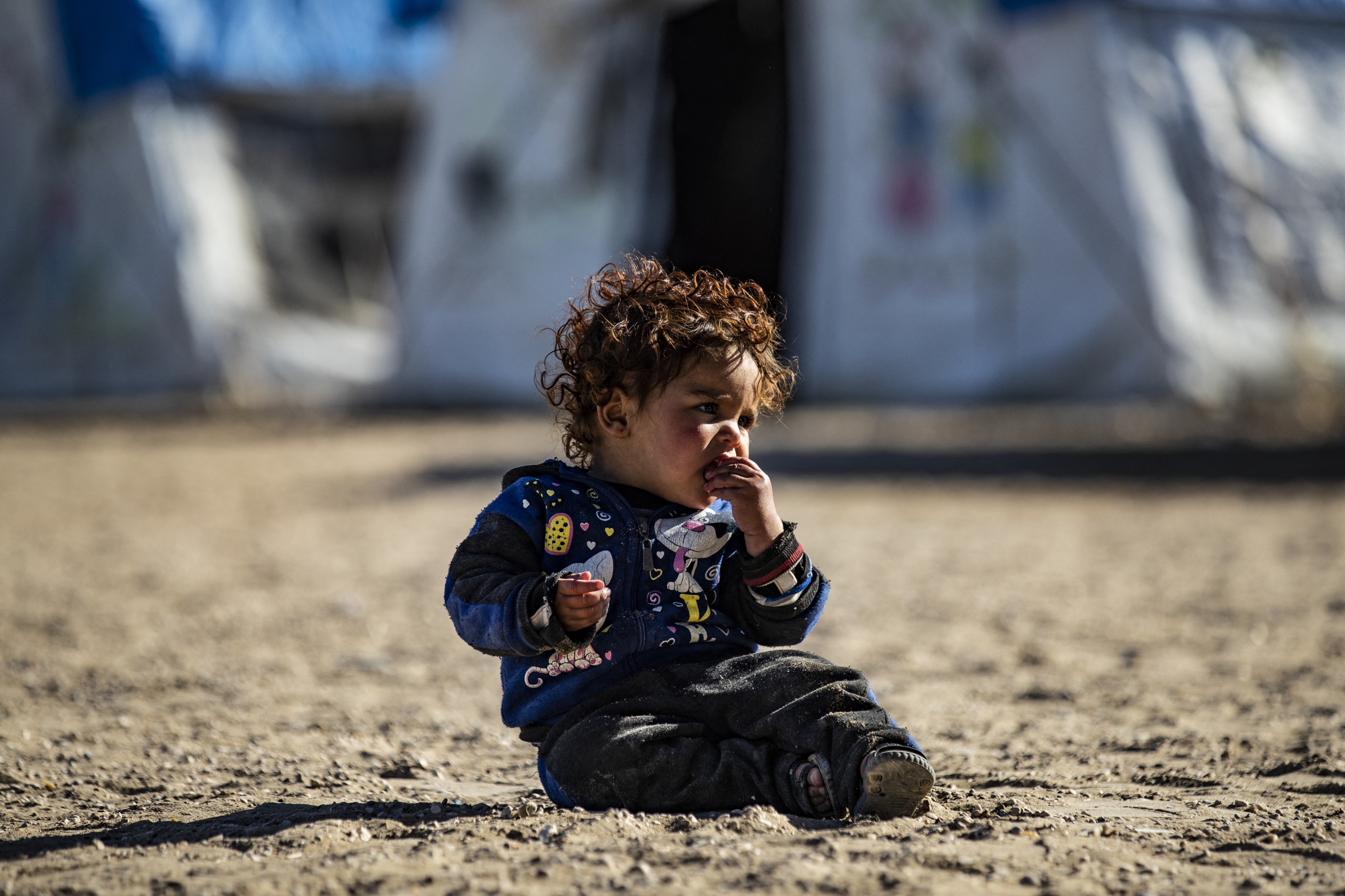
A year ago, in a text signed by two hundred academics, we called upon European countries to take immediate action to repatriate all European nationals from the detention camps in northeast Syria. We argued that the ostentatious refusal of European countries to do so amounted to a violation of basic human rights and put both European children and European societies at risk.
The majority of the European children in the camps are under the age of 12, and many are suffering from severe malnutrition and other diseases
Now, a year after our public letter, we are happy to report that several European countries have, finally, taken the first steps to repatriate some of their citizens during 2021.
Nevertheless, we remain very concerned about how these operations have unfolded, both in terms of the human rights of the European nationals involved and in terms of Europe’s security.
There are currently an estimated 640 European children and 400 adults in the detention camps in northeast Syria. They are among 40,000 children and 20,000 adults estimated to live in the camps. The majority of the European children in the camps are under the age of 12, and many are suffering from severe malnutrition and other diseases.
While EU countries initially opposed repatriating the children with their mothers, in some cases even pressuring the mothers to give away their children, countries such as Belgium, Germany, Denmark, Sweden, Norway, Italy, and Finland have finally stepped back from this initial refusal and proceeded to repatriate some of the children with their mothers in 2021. This is how, over the course of this year, around 27 women and 90 children have been brought back to their home countries.
Arbitrary decisions
We applaud these first steps and encourage all countries to follow suit. However, many questions remain regarding how these repatriations have proceeded, in particular regarding the unequal and arbitrary treatment of European citizens.
For instance, while Belgium repatriated six mothers and 10 children from the al-Roj camp in July 2021, it has refused to repatriate the four childless Belgian women in al-Roj – among them women who have lost their children. France still refuses to repatriate 200 French children with their mothers in the camps, and only brought back a few French children in January 2021 after their dramatic and forceful separation from their mothers. Furthermore, none of the European countries has addressed the situation of the fathers of these children.
We believe that these arbitrary decisions are not only problematic from a human rights point of view but are also dangerous from a security point of view.
First, because they will most likely feed anger and resentment among those who are left in the camps and among their families and local communities in Europe. Second, because the Islamic State (IS) group has been abducting children from the camps, as has been confirmed in the Danish press. Third, because the overall security situation in the region is very volatile, and Kurdish authorities have repeatedly demanded that European countries repatriate their nationals from the camps.
Many European countries seem, however, to remain tone-deaf to these risks and demands, and continue to proceed in a shortsighted way by stripping their nationals of citizenship, assuming incorrectly that this will "solve" the problem.
The European nationals in Syria - men, women, and children - constitute a diverse group of people who left Europe with various motives. All of them have very deep ties with their European home countries, as most were born in Europe and have family in their countries of birth.
European responsibilities
As for the children: some left when they were still minors, and many were born in Syria. These are European nationals and the product of European societies. Their human rights, the right to protection, or to a fair trial, and the obligation to prosecute (in the case of the adults), are European responsibilities.
Over the course of this year, we have witnessed an unprecedented mobilisation of international organisations and actors calling on governments to repatriate their citizens from the camps in northeast Syria.
Earlier this year, the head of the UN anti-terrorism centre, Vladimir Voronkov, and Virginia Gamba, the UN special envoy for children and armed conflict, called for the repatriation of children from the Syrian detention camps. The United Nations Office for the Coordination of Humanitarian Affairs published a report on the dangerous and deteriorating conditions in the camps in Syria, and Fionnuala Ni Aolain, UN special rapporteur on the promotion and protection of human rights while countering terrorism, urged western countries to do more to bring their citizens back home.
Meanwhile, several international NGOs, including Save the Children and the European Network on Statelessness, published reports on the catastrophic humanitarian situation for the thousands of children in the camps and their pending statelessness. And in September 2021, a first hearing was held at the European Court of Human Rights in Strasbourg regarding the repatriation of two French families in the detention camps in northeast Syria.
All these different examples demonstrate that there is a growing international consensus among security and humanitarian organisations in favour of repatriation. European countries, on the other hand, seem to be committed to trying to buy time for political reasons, even though the repatriation of all their citizens is the only sustainable long-term solution.
A new winter has now arrived, temperatures will soon be dipping below zero and there will be heavy snowfalls. For many of the women and children in the camps, this will be their third winter in these dire circumstances. European countries often present themselves as the inventors and guardians of universal human rights for all. But instead of taking action that demonstrates their commitment to these values, these countries have preferred to outsource and neglect the humanitarian and human rights responsibilities they have for their own citizens.
Abandoned by their governments
There remain some 640 European children in these camps. They are living in harsh and highly insecure circumstances, facing malnutrition, living in tents, and exposed to extreme cold in the winter and heat in the summer, (sexual) violence, Covid-19, and continuing military conflict and various forms of retaliation in the camps. They have been abandoned by their governments, leaving them without legal rights and protection and with very little safety, even on a very basic level.
Four hundred European adults are, in turn, living with no prospect of a fair trial and are stuck in judicial limbo and indefinite detention.
Effectively outlawing these European adults and children, and leaving them to be forgotten, is not a solution, from either a human rights or a security point of view. A consistent and durable solution for all parties involved is the only solution for long-term peace and security. Europe must stop looking the other way on a question that is fundamentally ours.
• Nadia Fadil, KU Leuven, Belgium
• Martijn de Koning, Radboud University, Nijmegen, the Netherlands
• Anja Kublitz, Aalborg University, Denmark
• Montassir Sakhi, KU Leuven & LAVUE, CNRS France
The views expressed in this letter belong to the signatories and do not necessarily reflect the editorial policy of Middle East Eye.
Middle East Eye propose une couverture et une analyse indépendantes et incomparables du Moyen-Orient, de l’Afrique du Nord et d’autres régions du monde. Pour en savoir plus sur la reprise de ce contenu et les frais qui s’appliquent, veuillez remplir ce formulaire [en anglais]. Pour en savoir plus sur MEE, cliquez ici [en anglais].


